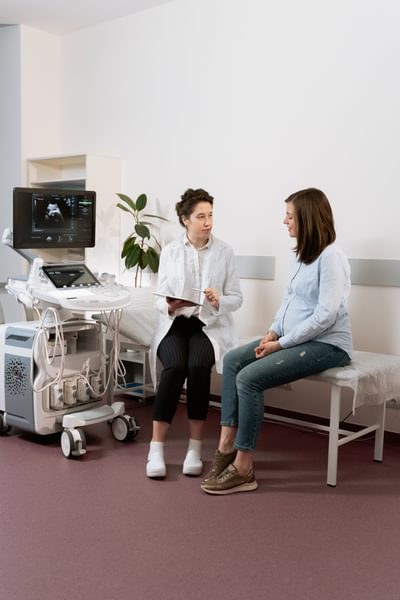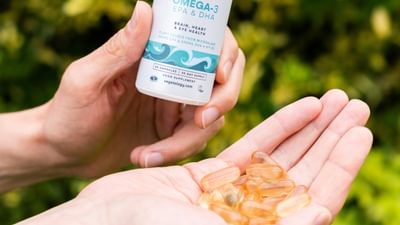

Latest Articles
What is Estrogen?
Estrogen is a hormone that is an essential part of our body’s health, for both the male and female reproductive systems. In females, it contributes to reproductive and breast health, amongst other functions.
There are three primary types of estrogen: estrone (E1), estradiol (E2), and estriol (E3); with estradiol being one of the most potent and predominant forms. Produced primarily in the ovaries, it’s also produced in the adrenal glands and fat tissues in the body
Who produces Estrogen?
It's important to note that while estrogen is a key hormone in females, it can also be found in smaller amounts in males. In men, estrogen is produced primarily in the testes and adrenal glands and plays a role in reproductive and metabolic functions. For women, estrogen is part of the menstrual cycle and levels can fluctuate throughout a woman’s life, including significant changes during life stages such as puberty, pregnancy and menopause.
Hormone balance is crucial for our overall health, and imbalances can lead to health issues. If you suspect you might have a hormonal imbalance or experience symptoms related to estrogen levels, it's recommended to consult with your GP or a healthcare practitioner for medical advice.

What are the symptoms of low Estrogen?
Low estrogen levels is known as a condition called estrogen deficiency or hypoestrogenism, which can lead to various symptoms, especially in women. These symptoms can have a huge impact on overall health, not just the menstrual cycle or reproductive system. Having a lower level of this hormone can also impact our bone health and overall wellbeing amongst others.
Whilst symptoms can vary from person to person, some might find symptoms more severe than others. Common symptoms of low estrogen include:
It's important to remember that symptoms of low estrogen can be a sign of other medical conditions, and speaking with a GP or a healthcare practitioner can help to get a clearer diagnosis. They might choose to measure your hormone levels via blood tests before recommending the right treatment option for you.
The female body also naturally begins to produce less estrogen as it enters menopause and perimenopause, and a medical professional can offer advice and support as the body transitions. Vegan Tablets and Vitamins for Menopause can also be a supplement that helps as the body faces this new life stage.

Supplements to balance hormones including Estrogen
Hormones play a delicate role in the body, and hormonal imbalances can have significant health implications. Certain foods and supplements may help to encourage the body by supporting hormonal health or providing nutrients important for estrogen production, these include:
To get enough vitamins or combine the benefits of the above, supplement bundles or multivitamins can be a great option and are perfect for busy, on the go lifestyles. There are also vegan supplements that can offer the vitamins and nutrients your body needs, especially if you’re not finding it in your diet.
It's also important to remember that lifestyle factors, such as maintaining a healthy diet, regular exercise, and stress management, also contribute to hormonal health.
